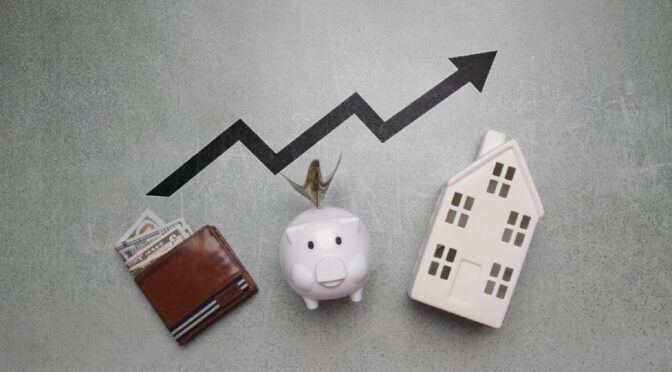Introduction
Capital gains tax (CGT) can be tricky to understand, but it’s essential if you’re buying and selling assets in Australia. One way to reduce the tax you owe when you sell something valuable is through the CGT discount. In this easy-to-follow blog, we’ll break down what the CGT discount is, who can get it, and some important things to consider.
Understanding the CGT Discount
The CGT discount is like a special tax break that can make your tax bill smaller when you sell something that’s gone up in value. It’s like a 50% off coupon for your tax.
Who Can Get the CGT Discount?
- Regular People: If you’re an Australian resident and you’re not a foreigner or just visiting, you can usually get the CGT discount.
- Superannuation Funds: If you have a special retirement savings account called a superannuation fund, you can get a discount too, but it’s not as big (it’s like a 33% off coupon).
- Trusts and Insurance Companies: Some other special groups like trusts and insurance companies might also qualify, but it’s a bit more complicated.
Important Rule: Wait for 12 Months
To use the CGT discount, you need to have owned the thing you’re selling for at least a year before you sell it. So, you need to wait for 12 months before you can use your discount coupon.
Inherited Stuff and the 12-Month Rule
If you get something valuable from someone who passed away, you can pretend you’ve owned it for as long as they did. But if they got it before 1985, you usually don’t have to pay this tax at all!
Foreign Residents and the CGT Discount
If you’re not from Australia or you were living somewhere else for a while after May 8, 2012, things get a bit different. You can’t use the discount for the money you made after that date. But you still get to use the discount for the money you made before that date.
Conclusion
Figuring out CGT and the CGT discount might seem complicated, but it’s important for anyone buying and selling valuable things in Australia. To make sure you get the most out of your discount coupon and pay the least amount of tax, talk to a tax expert or a money pro who can help you understand what to do with your assets.






